Day job interference today.

Today’s word count: a very shaky 561 words

Book Series
Day job interference today.

Today’s word count: a very shaky 561 words
Bogged down in technical research today. Anyone out there have knowledge of regenerative CO2 scrubbers? In particular, I’m looking for advise on the lengths of the adsorbtion and desorbtion cycles.
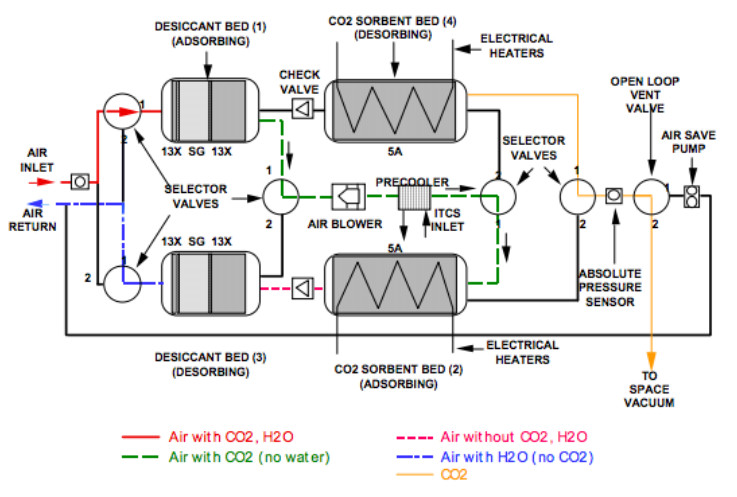
Today’s word count: 336
image: NASA, from https://www.nasa.gov/sites/default/files/files/Gellett_SolidStateAirPurification.pdf

High tech stuff today. This one will need further research to nail down the science.
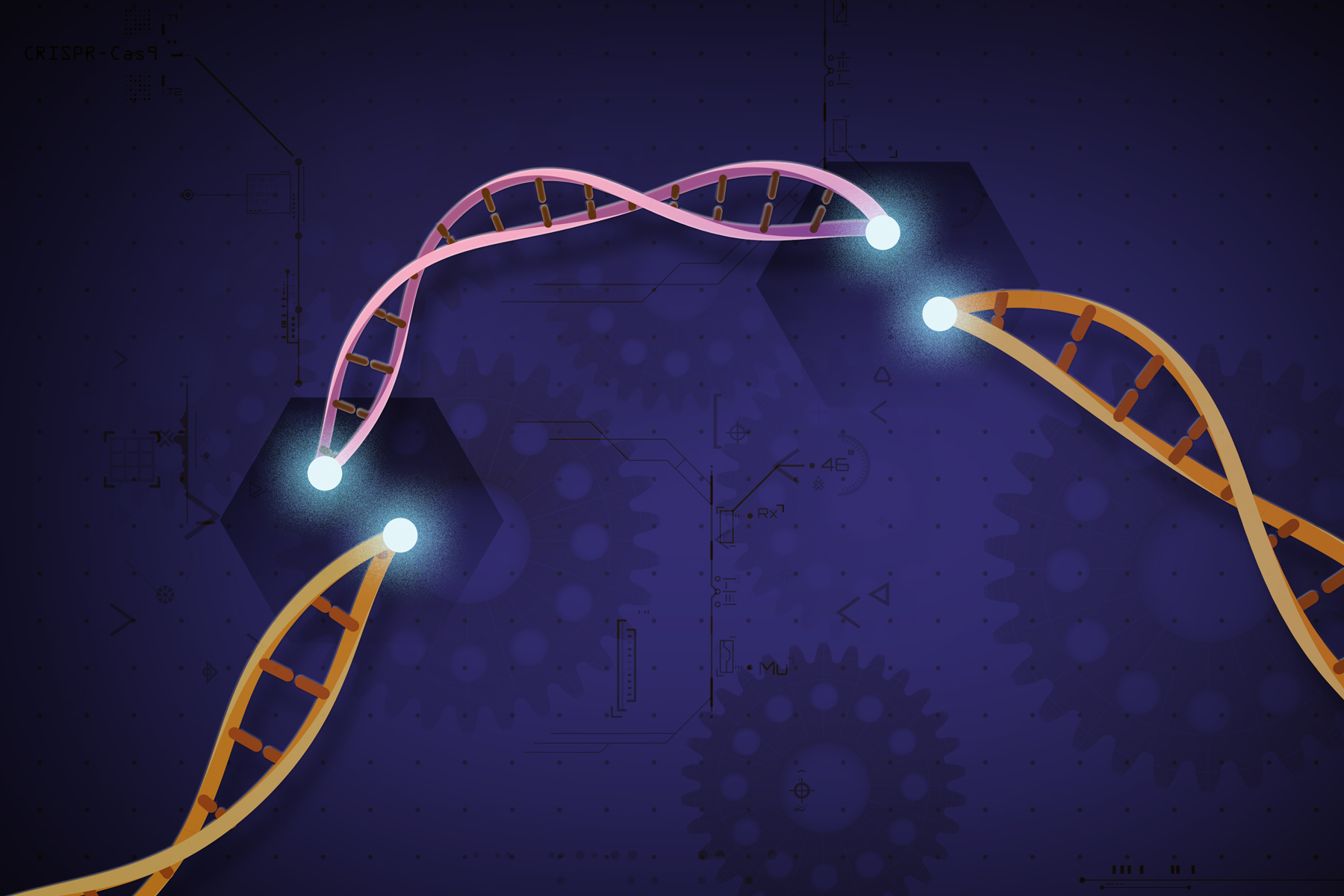
Today’s word count: 854
image: Ernesto del Aguila III, National Human Genome Research Institute, NIH
The surface of Mars has the biggest volcanic mountains and deepest canyons in the solar system. There are the remains of water features everywhere, both tiny and vast, yet water hasn’t flowed on the surface for over three billion years. The whole planet is red because it’s rusty. Actually, it’s not really red—more of a brownish orange with blacks and greys and whites mixed in. But someone long ago called it “the red planet”, and the name stuck. A day on Mars is about 40 minutes longer than a day on Earth and is called a sol. The sunsets are upside down from those of Earth: shades of blue layering out from the Sun, diffusing into yellows and pinks and oranges above. Mars has two moons that move in opposite directions across the sky. There is very little atmosphere, and what there is consists mostly of carbon dioxide, the same gas that we exhale here on Earth. The wind blows hard at times, yet the atmosphere is so thin that you might barely notice it. Such winds can lift dust from the surface though, sometimes creating massive dust storms that blow for days. Occasionally, one of these storms will grow to cover the entire planet.
Which is all to say that it’s a weird place.

Air: Generation Mars, Book One
Available now: https://www.amazon.com/Air-Generation-Mars…/dp/1733731024
(image: composite logo with Luis Peres)
Nina’s voice came over the comm system: “Sally, we have a situation here.” Her voice was higher than normal. “Can we open a private channel.” That was all Cas heard. It was enough. Adults in the colony always made it a point to include the children in everything that happened. Conversations were open; secrets were not kept. For Sally and Nina to suddenly talk privately meant that something out of the ordinary had happened. Something bad.
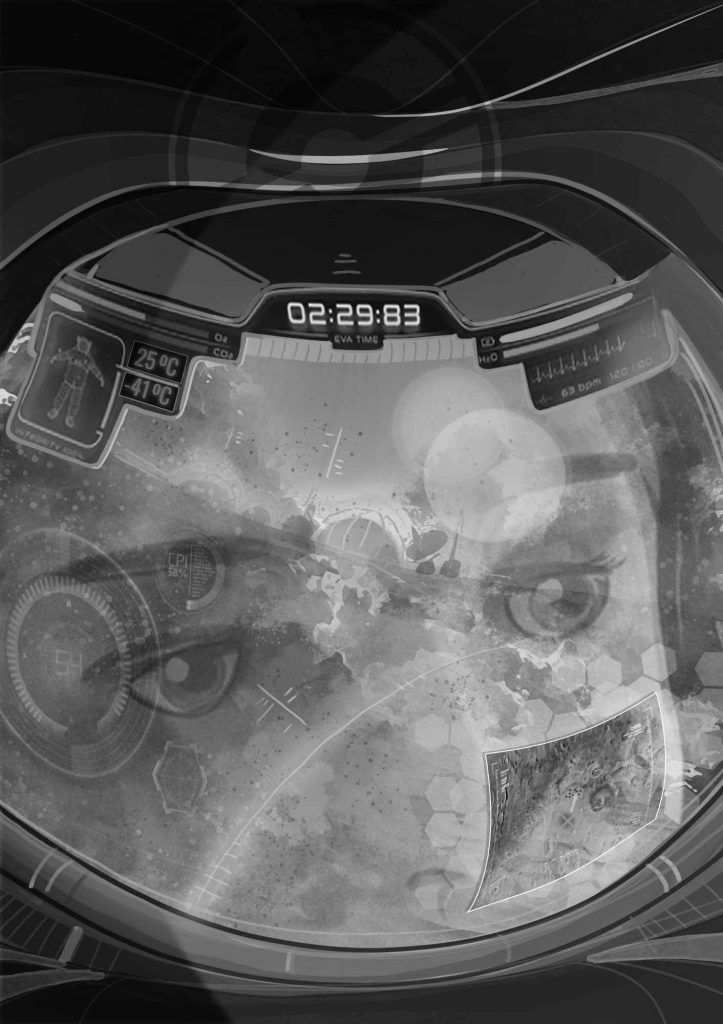
Air: Generation Mars, Book One
Available now: https://www.amazon.com/Air-Generation-Mars…/dp/1733731024
(image: Luis Peres)
There was a sudden roar, louder than any noise Ori had ever heard. She sank to the floor, pulled her knees to her chin, closed her eyes, and cowered against the closed door. She had never felt wind before, only slight movements of air from the distribution system in the colony. But now she felt a terrifying rush of air over her. There were crashes and groans all around, and she opened her eyes to see the content of the dome—tables, chairs, lab equipment, plants, all—falling and shifting in the direction of the wind. She closed her eyes and screamed.
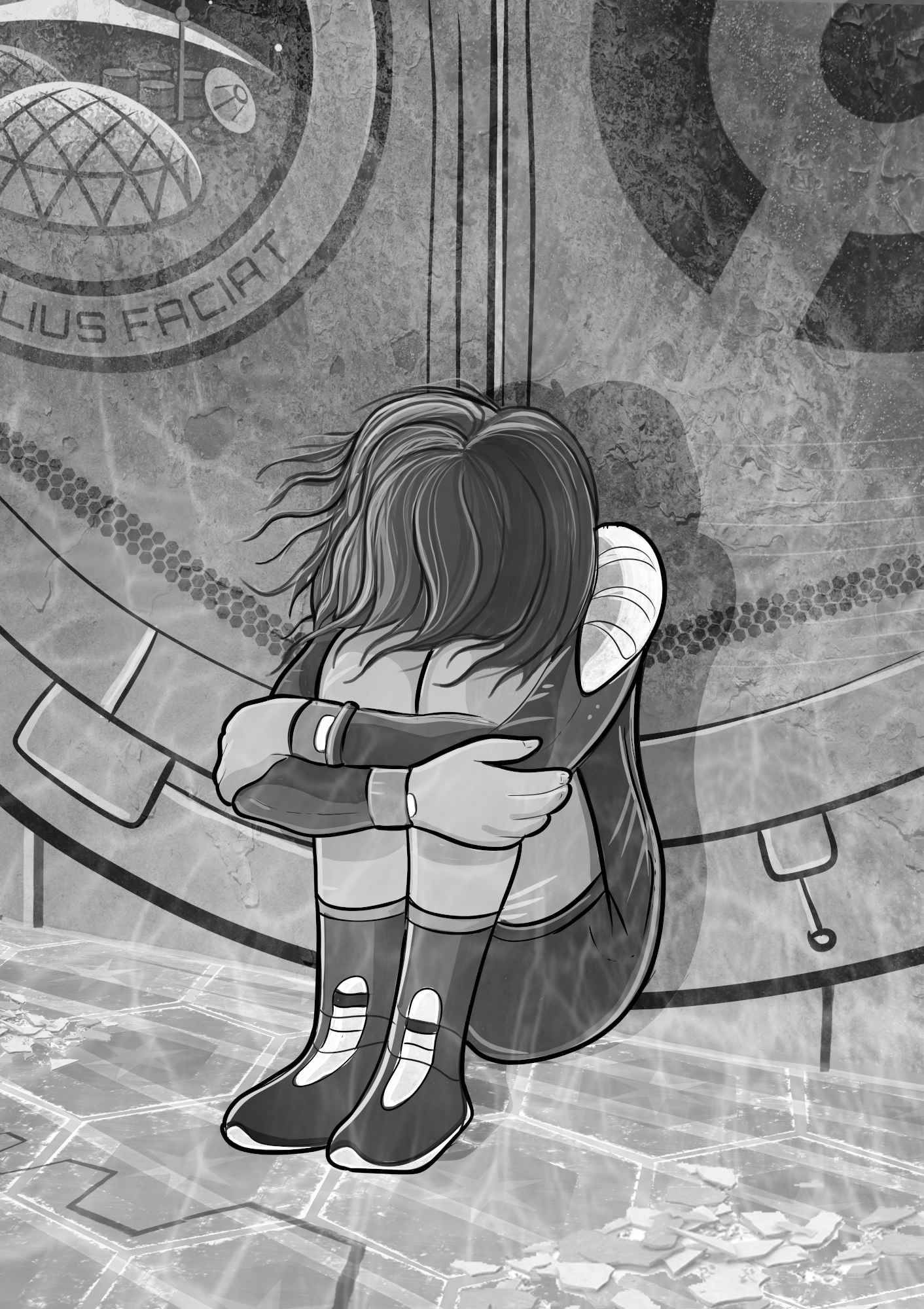
Air: Generation Mars, Book One
Pre-order now: https://www.amazon.com/Air-Generation-Mars-Boo…/…/1733731024
(image: Luis Peres)
As the wind of the dust storm blew, billions of dust particles collided with and slid past the primary surface antennae array. Over time, this rubbing of dust on metal caused an electrical charge to build up on the array. Rub a balloon on your hair and stick it to the wall. Rub your socked feet in the carpet on a winter evening and then touch your sibling. These are examples of such static charges.
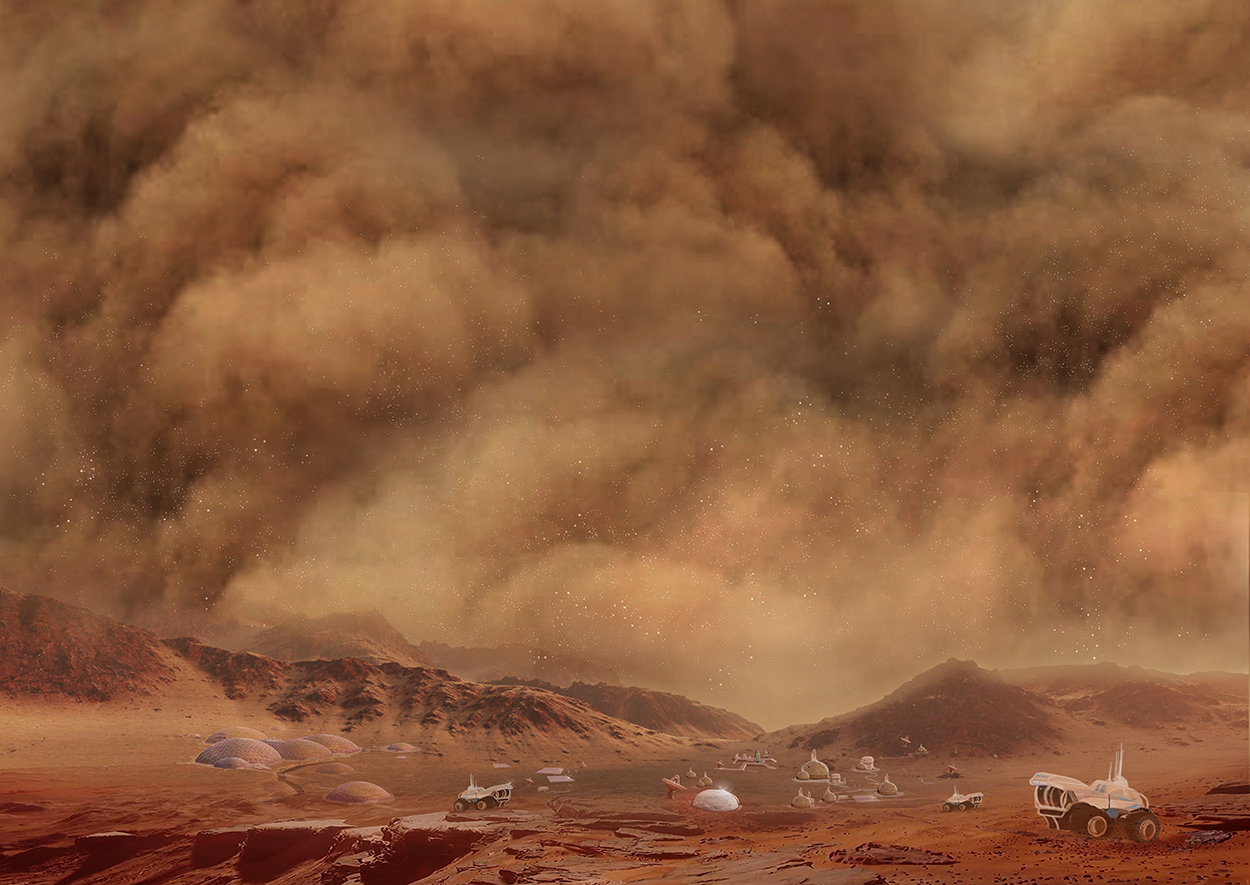
Air: Generation Mars, Book One
Preorder now: https://www.amazon.com/Air-Generation-Mars-Boo…/…/1733731024
(image: Luis Peres)
However, there was a problem with this particular piece of polycarbonate in this particular door. When it was installed, one of the bolts was overtightened slightly, causing a small, too small to notice, crack that radiated barely a millimeter out from the bolt hole. This crack was hidden by the backing plate. Over time, what started as a millimeter lengthened little by little with each pressure cycle of the airlock. Once the crack extended past the silicon seal, it had begun to vent air to the Martian atmosphere, ever so slightly.
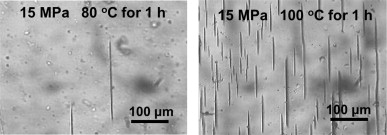
Air: Generation Mars, Book One
Coming in October
As they walked, Sally told them about dust storms. She used words like “polar vortex” and “baroclinic wave”, which the kids did not understand but which made sense to them as she spoke. One of Sally’s teaching tricks was to use words and phrases that the kids did not know in ways that made their meaning obvious.

Air: Generation Mars, Book One
Coming in October
(image: ESA/DLR/FU Berlin, CC BY-SA 3.0 IGO)